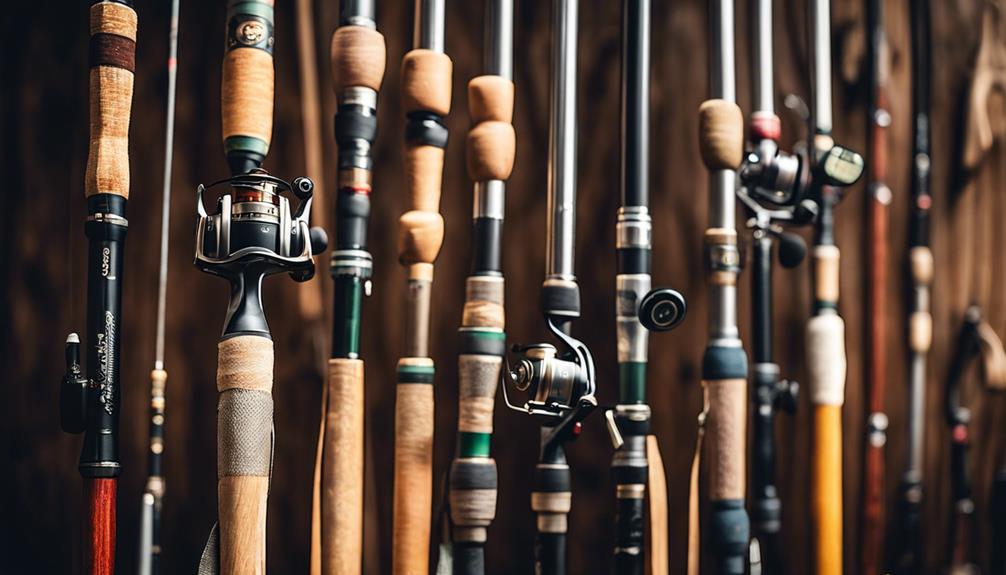Fishing is one of the most popular outdoor activities in California, attracting millions of enthusiasts each year. However, before you cast your line into the shimmering waters of the Pacific or any of the state’s pristine lakes and rivers, it’s crucial to understand the regulations surrounding fishing licenses. Do you need a fishing license in California? In this comprehensive guide, we will explore everything you need to know about fishing licenses in California, including who needs one, how to obtain it, and important regulations you must follow.
What is a Fishing License and Why is it Necessary?
A fishing license is a legal document that grants individuals the right to fish in public waters. In California, fishing licenses are required to help manage fish populations, protect aquatic ecosystems, and ensure that fishing activities are conducted sustainably. The California Department of Fish and Wildlife (CDFW) oversees the management of fishing licenses and regulates the fishing industry. By requiring licenses, the state can monitor fishing activities, enforce regulations, and promote conservation efforts to maintain healthy fish populations for future generations.
Who Needs a Fishing License in California?
The answer to the question, do you need a fishing license in California, largely depends on several factors. Most anglers aged 16 and older must possess a valid fishing license to fish in California’s public waters. This includes both residents and non-residents. However, there are some exceptions to this rule. For instance, individuals fishing on public piers do not need a fishing license. Additionally, California offers free fishing days each year, during which anyone can fish without a license. These days are typically scheduled in the summer and fall, providing an excellent opportunity for families and friends to enjoy fishing together.
Types of Fishing Licenses Available
California offers a variety of fishing licenses to accommodate different needs. The standard fishing license is available for both residents and non-residents. Residents can choose from annual licenses, which are valid for 12 months from the date of purchase, or short-term licenses, such as a two-day or ten-day license. Non-residents can purchase similar options, allowing them to enjoy California’s fishing opportunities. Additionally, the CDFW offers special licenses for seniors, disabled individuals, and military personnel, often at discounted rates. If you plan to fish for specific species, such as salmon or steelhead, you may also need to purchase additional tags or stamps.
How to Obtain a Fishing License in California
Obtaining a fishing license in California is a straightforward process. Licenses can be purchased online through the CDFW website, at various retail locations, or at designated fishing license agents throughout the state. When purchasing a license, you will need to provide some personal information, including your name, address, and date of birth. Additionally, you may be required to provide your Social Security number, depending on the type of license you are applying for. Once your payment is processed, you will receive a printed copy of your license, which you should keep on you while fishing.
Fishing Regulations You Should Know
Knowing the regulations associated with fishing is just as important as obtaining a fishing license. In California, fishing regulations vary depending on the location, species, and time of year. The CDFW publishes a comprehensive fishing guide that outlines specific rules, such as catch limits, size restrictions, and designated fishing seasons for various species. For example, some areas may have specific restrictions on fishing for trout, bass, or salmon. It’s crucial to familiarize yourself with these regulations to avoid fines and contribute to the preservation of California’s aquatic ecosystems.
Where Can You Fish in California?
California boasts a diverse range of fishing locations, from coastal waters to mountain lakes and rivers. Some popular fishing spots include Lake Tahoe, the Sacramento River, and the Pacific Ocean. Each location offers unique fishing experiences, whether you prefer freshwater or saltwater fishing. Additionally, California is home to numerous fishing parks and reservoirs, making it accessible for anglers of all skill levels. However, certain areas may have specific rules regarding fishing licenses, so it’s important to check local regulations before heading out.
Free Fishing Days and Special Events
As mentioned earlier, California designates specific days throughout the year as free fishing days, allowing individuals to fish without a license. These days are a fantastic opportunity for families and friends to explore the joys of fishing without the commitment of purchasing a fishing license. The CDFW also hosts various fishing events and workshops aimed at promoting fishing education and conservation. These events can help novice anglers learn the basics of fishing while allowing experienced anglers to share their knowledge and expertise. Participating in these events can enhance your fishing skills and deepen your appreciation for this beloved pastime.
Conclusion: Enjoying Fishing Responsibly in California
In conclusion, if you plan to fish in California, the answer to do you need a fishing license in California is a resounding yes for most anglers aged 16 and older. Obtaining a fishing license is a simple process that allows you to enjoy the state’s beautiful waters while contributing to conservation efforts. By understanding the various types of fishing licenses, regulations, and available fishing locations, you can ensure a successful fishing experience. So, pack your gear, grab your fishing license, and get ready to explore the incredible fishing opportunities that California has to offer! Happy fishing!
